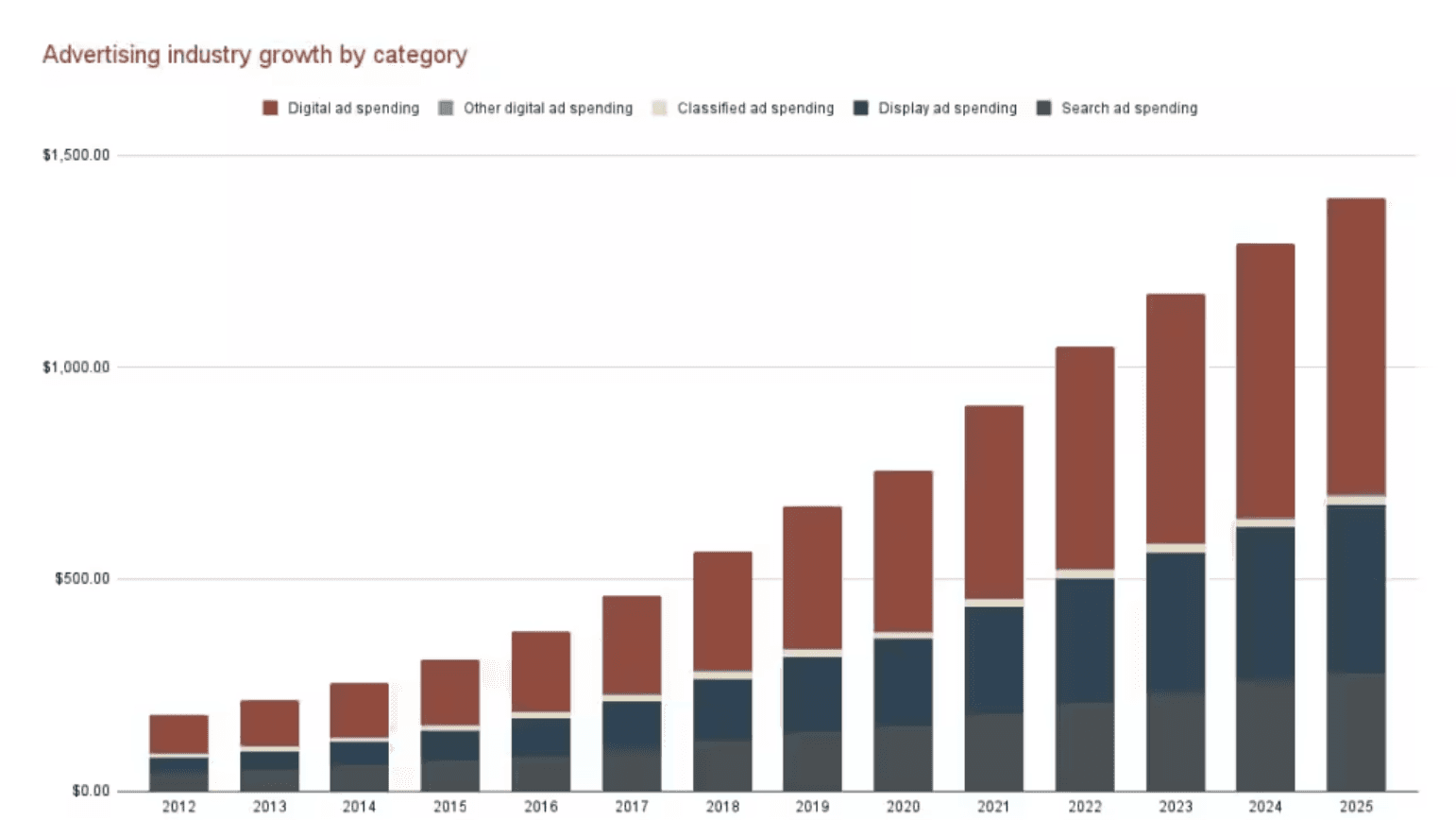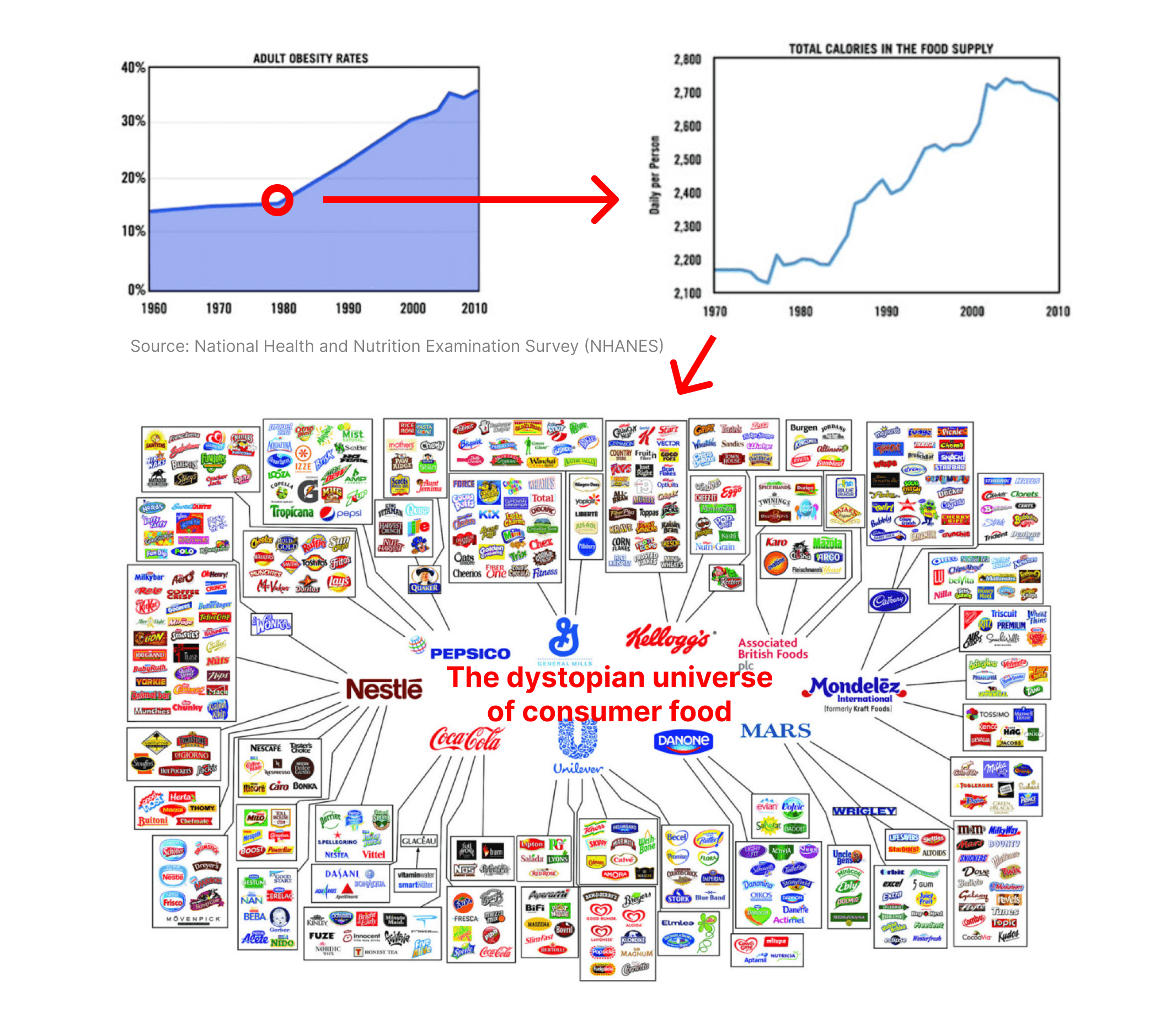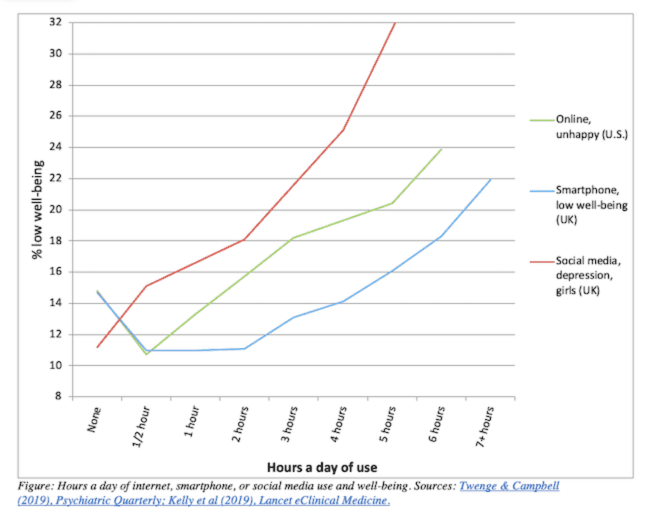This topic tends to activate the negativity bias in many people. As you read, be mindful of this. Observe any moments when your thoughts veer towards feelings of loss or despondency.
The discussion centers on asceticism and the misconception that its core principle is renunciation.
Firstly, it's indisputable that science has shown the challenges we face: escalating population numbers, increased consumption, and the diminishing availability of finite resources.
Our lifestyles must change for our survival. Even a brief examination of the facts supports this. Keyword: Anthropocene. The issue? Overconsumption by a swelling global population.
Some, like John von Düffel, suggest a seemingly straightforward solution to this intricate problem: asceticism.
This entails reducing our consumption and, over time, ceasing the use of many items. Rather than depending on manufactured necessities, we should turn to genuine needs grounded in mindfulness and nature's rhythms.
Consuming less means there's no need to produce items deemed superfluous.
A decline in consumption leads to reductions in manufacturing, transport, retail, energy use, and waste.
Consequently, GHG emissions will decrease.
However, this also heralds economic contraction, a serious concern given its broad implications.
A government that pushes its citizenry towards employment not only benefits from job-related taxes but also from the taxes on subsequent consumer expenditures. This boost in revenue supports sectors like health, education, infrastructure, and defense.
Mass-adapting a philosophy like asceticism that transforms public mindset — leading to desires for smaller living spaces, fewer purchases, and less work (given reduced expenses and monetary needs) — will contract the economy and, by extension, diminish a nation's power.
If you find these geo-political implications too far-fetched and for those skeptical about the drastic impact of altered consumer behavior, consider that consumer spending constitutes roughly 70% of economic activity in developed economies like the U.S.
Modern economies function similarly to factories, where workers are paid salaries which they then spend on products they've helped produce. This cycle, however intuitive, isn't without its pitfalls.
- The chief pitfall? Environmental degradation resulting from production, energy use, transportation, sales, advertising, and waste management. The absurdity of this model is magnified when one considers goods produced not out of necessity, but because of artificial desires cultivated by advertising.
- Moreover, this model consumes a precious resource: workers' time, which could otherwise be dedicated to healing, safeguarding the environment, nurturing societal bonds, and fostering family ties.
- Another offshoot is socio-economic disparity. The dominant economic model exacerbates inequality. Non-participants often slide into poverty, and as the wealthy amass more, their contributions to societal welfare (like taxes) dwindle.
A society obsessed with ever-evolving fashion trends, yearly phone upgrades, disposable toys, carbon-intensive travels, and processed foods can be likened to an heroin addict. Merely recognising these harmful patterns isn't sufficient for true rehabilitation.
If you find the comparison extreme, consider the charts in the Research section of this post.
Surprisingly, despite 70% of consumers feeling the need for prudent financial management, an average of $18,000 annually is splurged on non-essentials.
The predicament? The typical consumer among the bottom 60% earners outspends their income. The overpowering allure of materialism has made perpetual debt a norm.
Materialism isn't the answer.
Grasping the foundational philosophy of Ascetism is crucial.
Try persuading an average American to give up luxuries. What should they forgo? To what extent? When? Why?
The renunciation ideology seems flawed to me. Equating asceticism with renunciation is as misguided as associating consumption with happiness. I highly recommend delving into the works of John von Düffel, either by reading or listening to him.
TL;DR. The ascetic of tomorrow doesn't renounce but liberates himself from non-essentials.
It's a journey from material entanglement to essence.
A bit more detailed. For von Düffel, the question isn't about forsaking consumption but reassessing its magnitude. It's a matter of "how much," not "whether or not."
To name another impoirtant thinker of the last century. As Adorno noted, 'There is no right life in the wrong one.' Therefore, one must discern the wrong before transforming it. The goal is not just to rectify one's individual life but to progressively amend the broader circumstances. At times, this transformation might arise from renunciation, aiming for an authentically righteous life.
Von Düffel emphasizes the importance of discerning the essential from the non-essential. While a righteous life cannot fully emerge from flawed circumstances, there exists a correct path within the imperfections, as emphasized by Daoism.
Daoist principles suggest that the stream of a fulfilling life is unending. The challenge is to discover, nurture, and align with it, allowing oneself to flow effortlessly with its current, akin to water.
Choosing to prioritize the essentials or embracing renunciation can bring about profound feelings of satisfaction and joy. Importantly, renunciation paves the way for positive global transformations, especially from an ecological standpoint.
This philosophical perspective, to many, might seem more uplifting than delving into the toxic dynamics prevalent in our global ecosystem and economy. Yet, we are faced with the pressing question: In an age defined by excess and rapid evolution, what practices or mindsets must we relinquish?
Those blessed with abundance often face the challenge of substantial change. In contrast, possessing less often simplifies life, demanding fewer efforts and lesser sacrifices.
Manufacturing and the resources needed for it have been on the rise for decades, contributing to over 10% of global CO2 emissions. This increase parallels the growth in consumption, resulting in a society of waste where overconsumption has become the ideology.
World Consumer Spending 1970-2023. Source: World Bank
The majority of the population's income is spent on consumption, and this trend is increasing.
Shares of gross domestic product: Personal consumption expenditures
The steadily growing advertising industry ensures that where markets are growing or should emerge, needs are artificially constructed.
The industry that fuels consumption.
One of the largest areas of consumption is food. At the same time, there is a lot of waste in this area.
Food waste is becoming a billion tonne problem. Source: UNEP Food Waste Index, 2020
The food industry, responsible for a rising tally of obese individuals, diabetics, and cancer patients, has seen its value soar
The health sector flourishes when unhealthy habits surge, evidenced by a 67% hike in healthcare costs since 2006
Tech giants leverage the solitude of the youth to ramp up ad revenues.
A prison industry booms as crime rates spike.
The defense sector thrives on heightened levels of violence and the ensuing paranoia.
The list continues. Pharma, cars, toys, tobacco, alchol, confectionery, cleaning, gaming, fashion…Critics argue that there are toxic elements inherent to every consumer business.
Still, we must contemplate whether prioritizing renunciation is the optimal strategy to address the intricate challenges our world faces. One avenue I've pondered is facilitating a more straightforward path for individuals towards this enlightenment—utilizing knowledge, community, guidance, and social ties. It's an approach steeped in familiar strategies, and its eventual impact remains a topic of curiosity.
The Principle of Gaming
A product that makes you forget the feeling of renunciation because you constantly experience rewards and a sense of progress.
Mindful Awareness Shift
Knowledge and learning, in the first step, work together with the user to develop a new awareness on the topics of materialism, consumption, minimalism, and mindfulness.
Fostering Growth
Concrete tasks and goals help the user make progress and develop a growth mindset within the product.
Collective Strength
community of like-minded people creates a sense of belonging and strengthens the power of the collective.
Impact Feedback Loop
Developing a sense of the impact of one's actions, of renunciation and new awareness, is a feedback loop that is important to motivate users to improve in the long term.
Minimalist Living Vision
The idea that users would completely abandon possessions and living space is challenging. However, creating an ecosystem that people can use, based on a minimalist architecture, is a visionary consideration.
Guided Life Choices
Overarching desires, needs, and visions ensure that users learn to choose the right life (phrasing according to Adorno), prioritize the essential, and help them find their individual path.








